Bananas are a tasty and nutritious snack that many of us enjoy, but storing them properly can be tricky. One of the most common questions people ask is, “Why do bananas go bad faster in the fridge?” While refrigeration works wonders for many fruits, bananas have a unique response to the cold. Let’s explore why bananas seem to spoil more quickly when refrigerated.
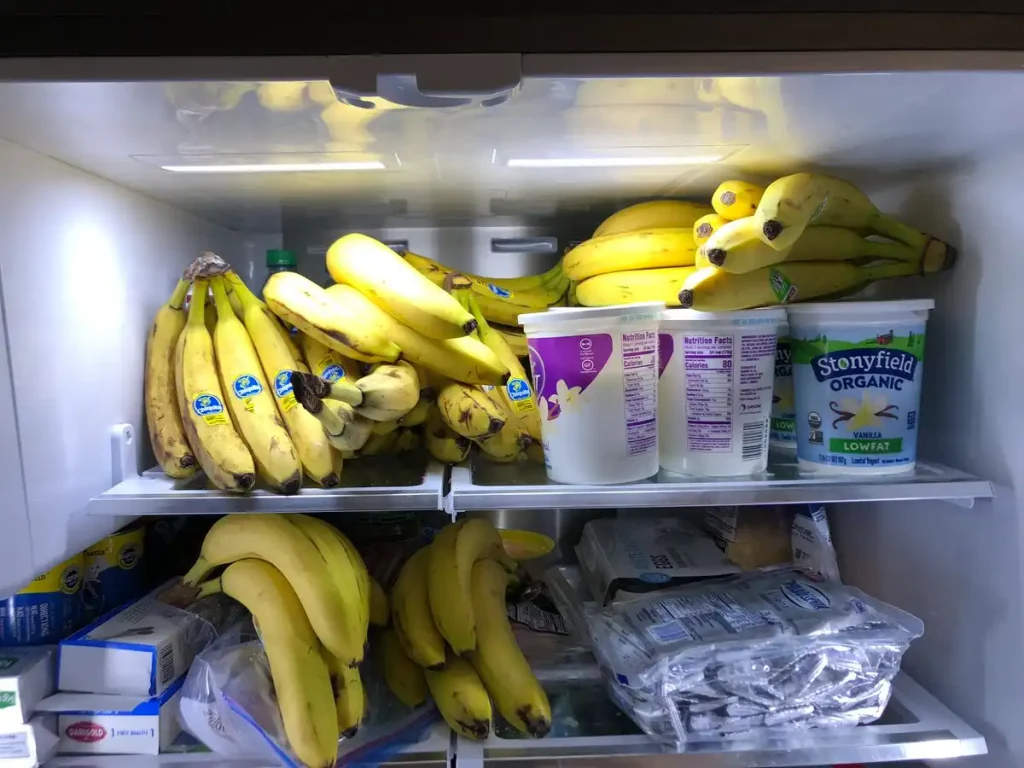
Bananas and Cold Sensitivity
Bananas grow in warm tropical regions, which means they are not used to cold temperatures. When exposed to colder environments, such as your refrigerator, bananas experience something called “chilling injury.” This chilling injury occurs when temperatures drop below 13°C (55°F), and it affects the cells in the banana’s skin.
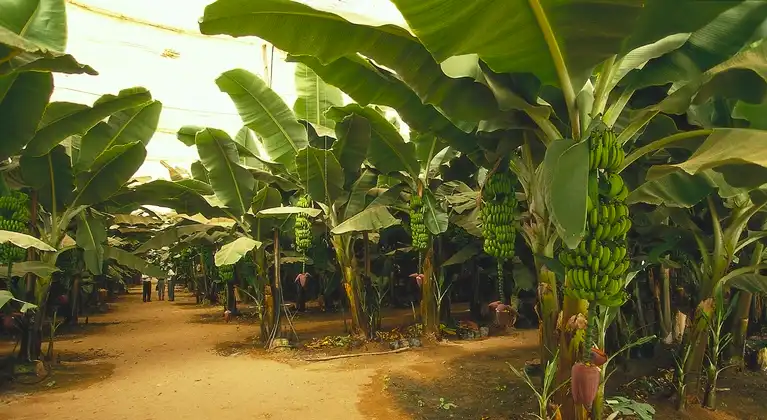
The cold slows down the ripening process inside the banana, which might sound like a good thing. However, the skin reacts differently. At these low temperatures, the skin turns brown or black much faster than it would at room temperature. This is because cold temperatures disrupt the normal functioning of the banana’s cells, breaking them down more quickly and causing the peel to darken rapidly.
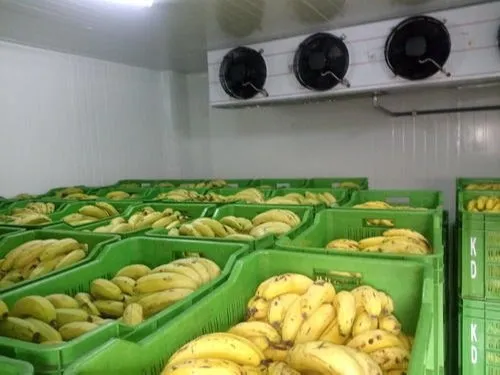
The Science of Banana Browning
Browning occurs naturally inside bananas. Bananas contain an enzyme called polyphenol oxidase (PPO). When the banana’s cells are damaged or exposed to air, this enzyme reacts with oxygen, causing the peel to brown.
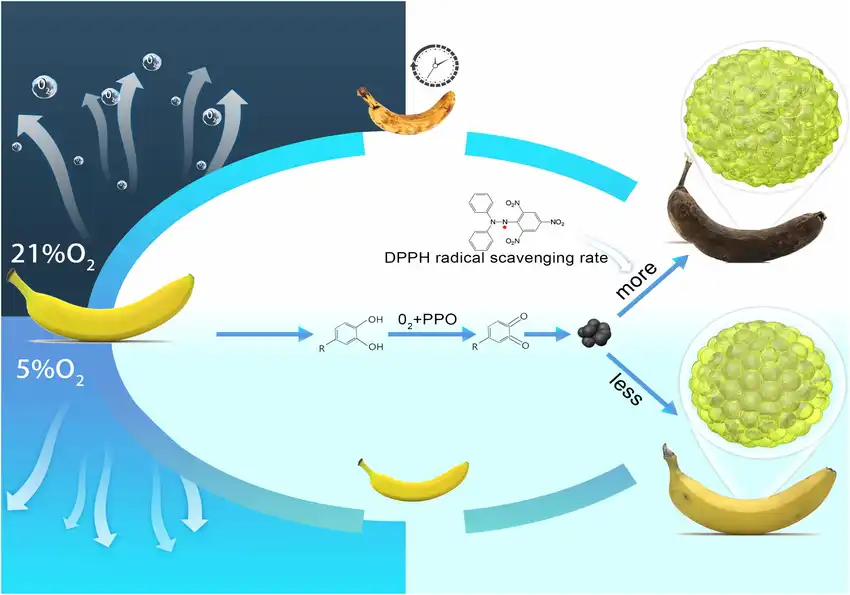
Although the internal fruit ripening slows down in the refrigerator, the cold temperatures speed up the activity of these browning enzymes on the skin. So, even though the banana inside might still be good to eat for a little longer, the skin looks like it’s spoiling fast.
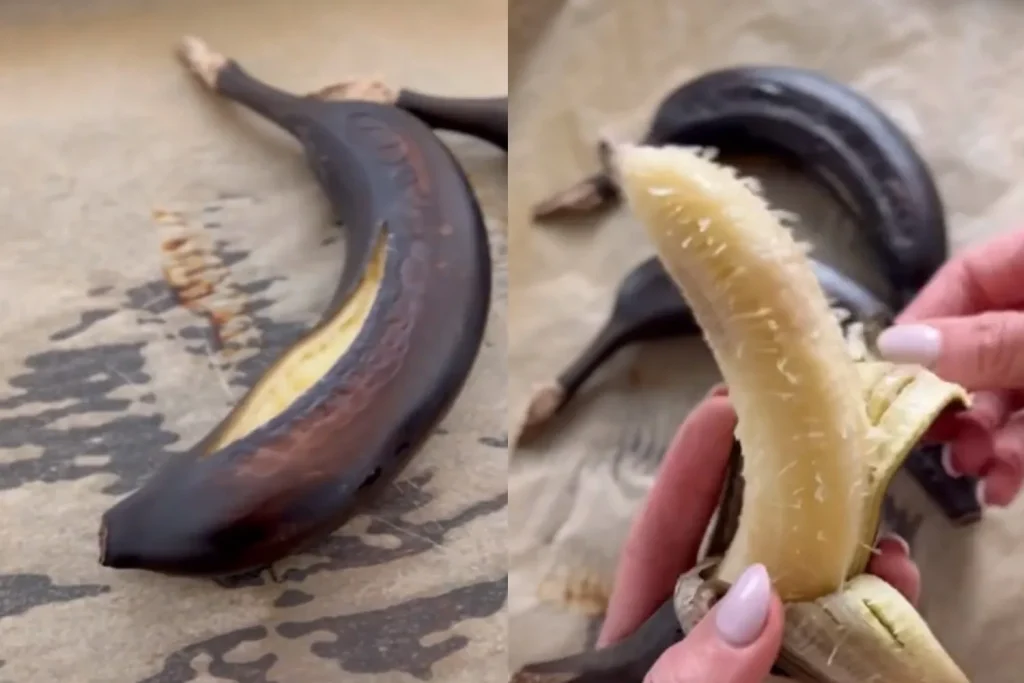
Cold and Humidity
Another factor that causes bananas to brown quickly in the refrigerator is the combination of cold and low humidity. Bananas lose moisture in the cold, making the skin dry and darken. This, combined with chilling injury, results in bananas with blackened, unsightly skins.

Should You Refrigerate Bananas?
Despite the browning, refrigerating bananas can be useful in some situations. If you have ripe bananas and want to keep them from getting overripe too quickly, placing them in the fridge can slow down the internal ripening process. The bananas might not look as nice, but they’ll still taste good for a few extra days.

If you refrigerate your bananas, it’s best to wait until they are fully ripe. If you put green bananas in the fridge, they won’t ripen properly. Once they are cold, their ripening stops permanently, leaving you with bananas that stay green but are hard and not sweet.
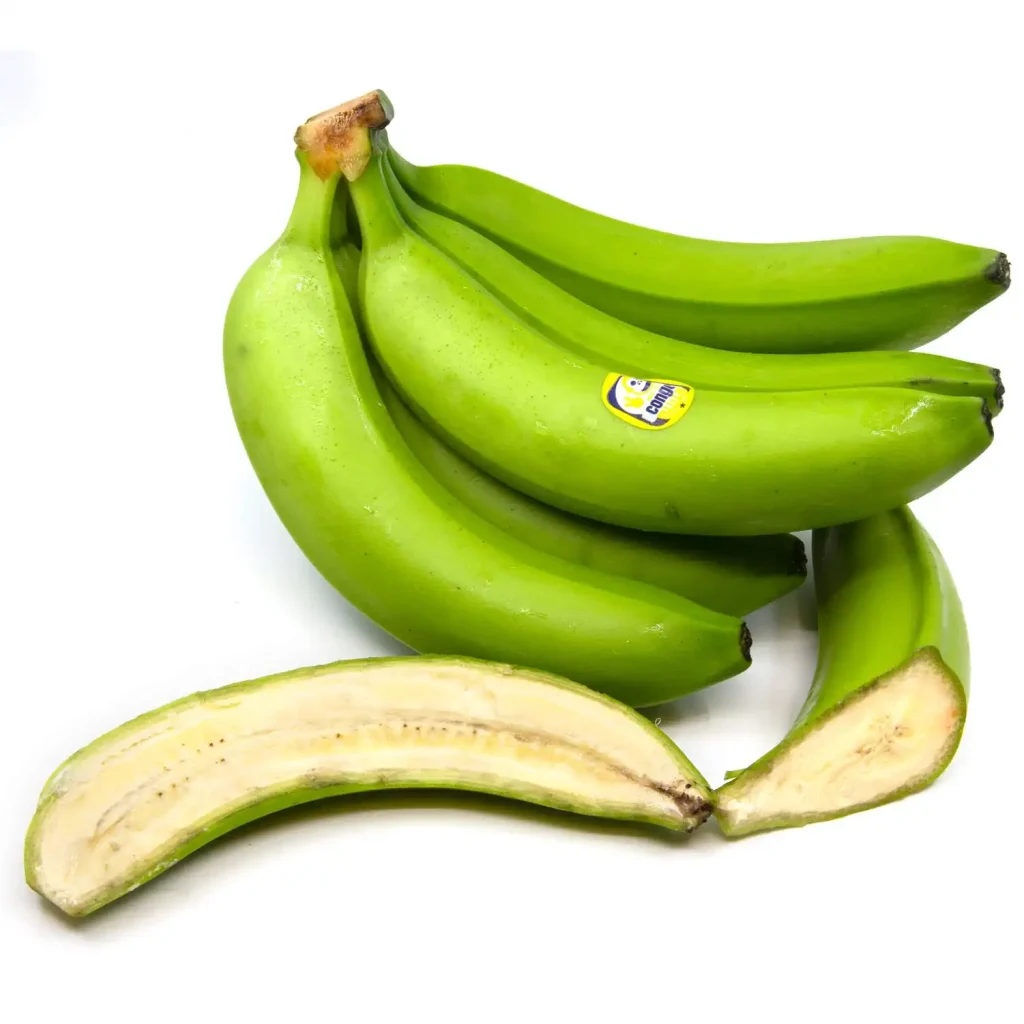
How to Store Bananas Properly
To get the most out of your bananas and prevent them from going bad too quickly, here are a few handy tips:
- Keep bananas at room temperature until they are ripe. Bananas thrive in warmer environments, so storing them on your kitchen counter is ideal.

- Separate ripe bananas from other fruit. Some fruits, like apples and tomatoes, produce a gas called ethylene that makes other fruits ripen faster. Keeping bananas away from these fruits can slow down the ripening process.

- Freeze overripe bananas if you can’t eat them in time. This is a great way to preserve bananas for later use in smoothies or baking. The cold of the freezer will stop the ripening process altogether and keep your bananas from spoiling.
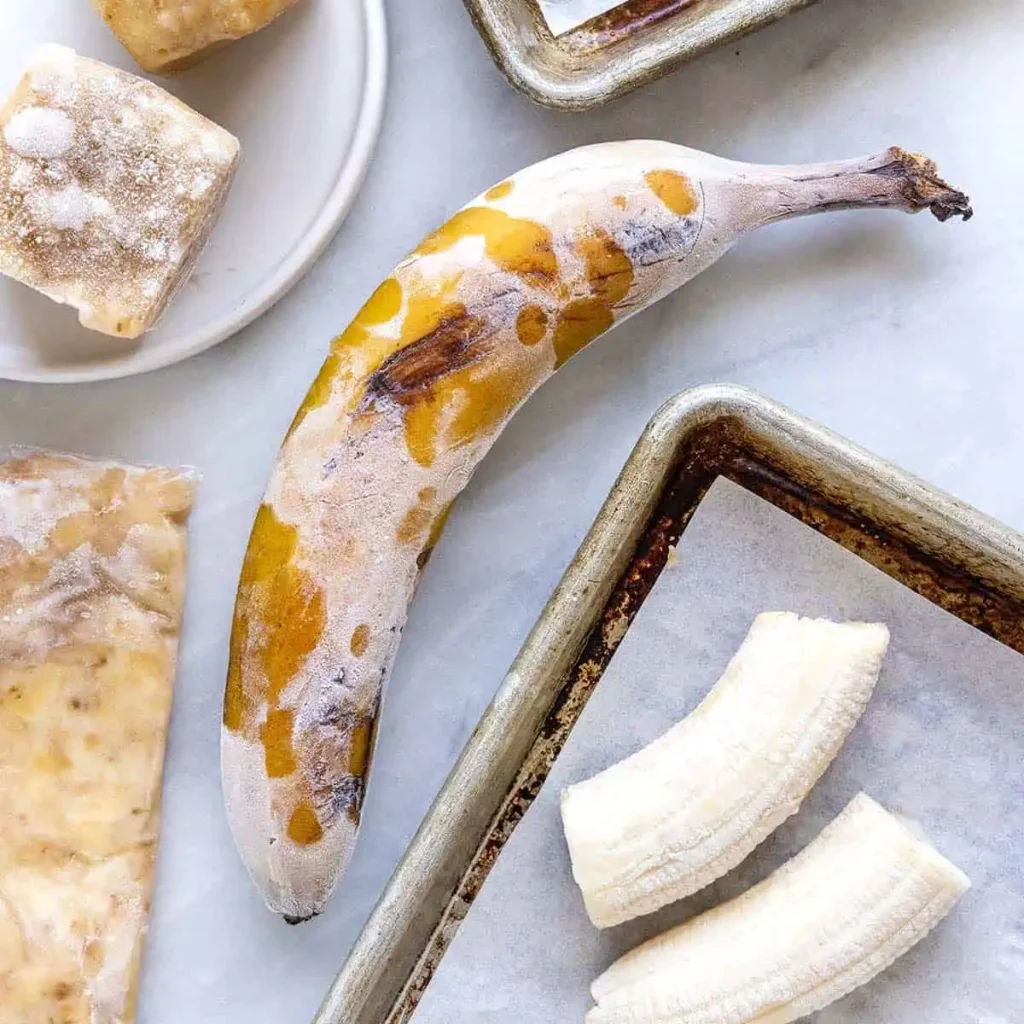
Conclusion
So, why do bananas go bad faster in the fridge? It all comes down to chilling injury and the way bananas react to cold temperatures. While the inside of the fruit may still be good for a while, the skin darkens quickly because of the damage caused by cold. To keep your bananas fresh and tasty, it’s best to store them at room temperature until they ripen. However, once they’re ripe, refrigerating them can slow down the internal ripening, even if the peel turns brown.
For more interesting articles, please visit www.kidzherald.com





